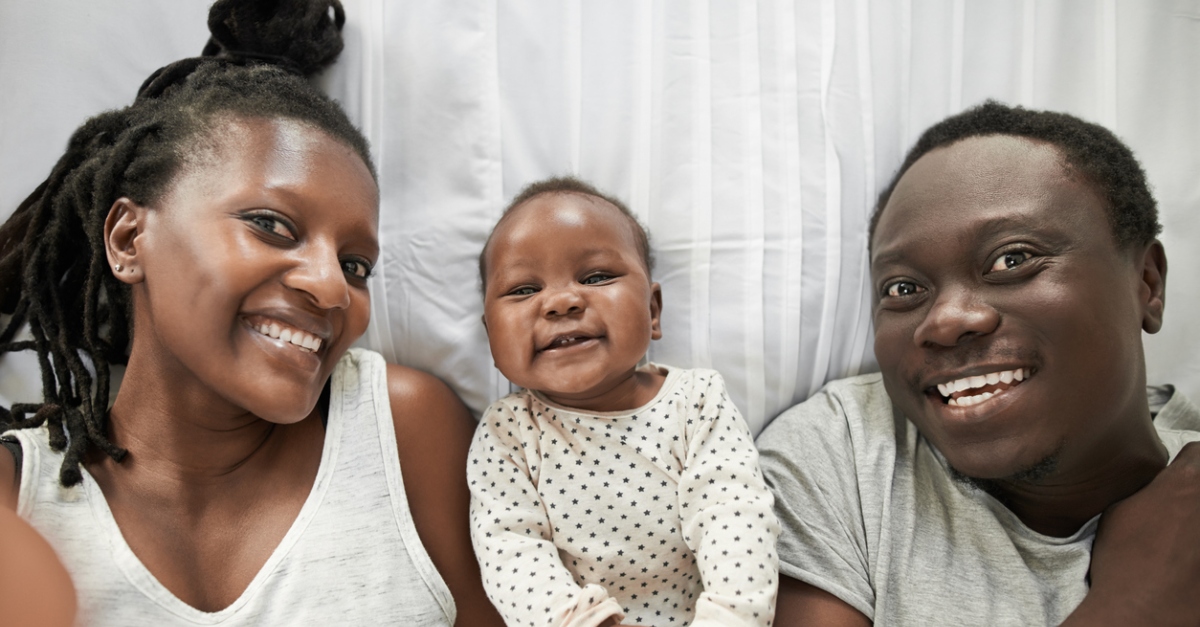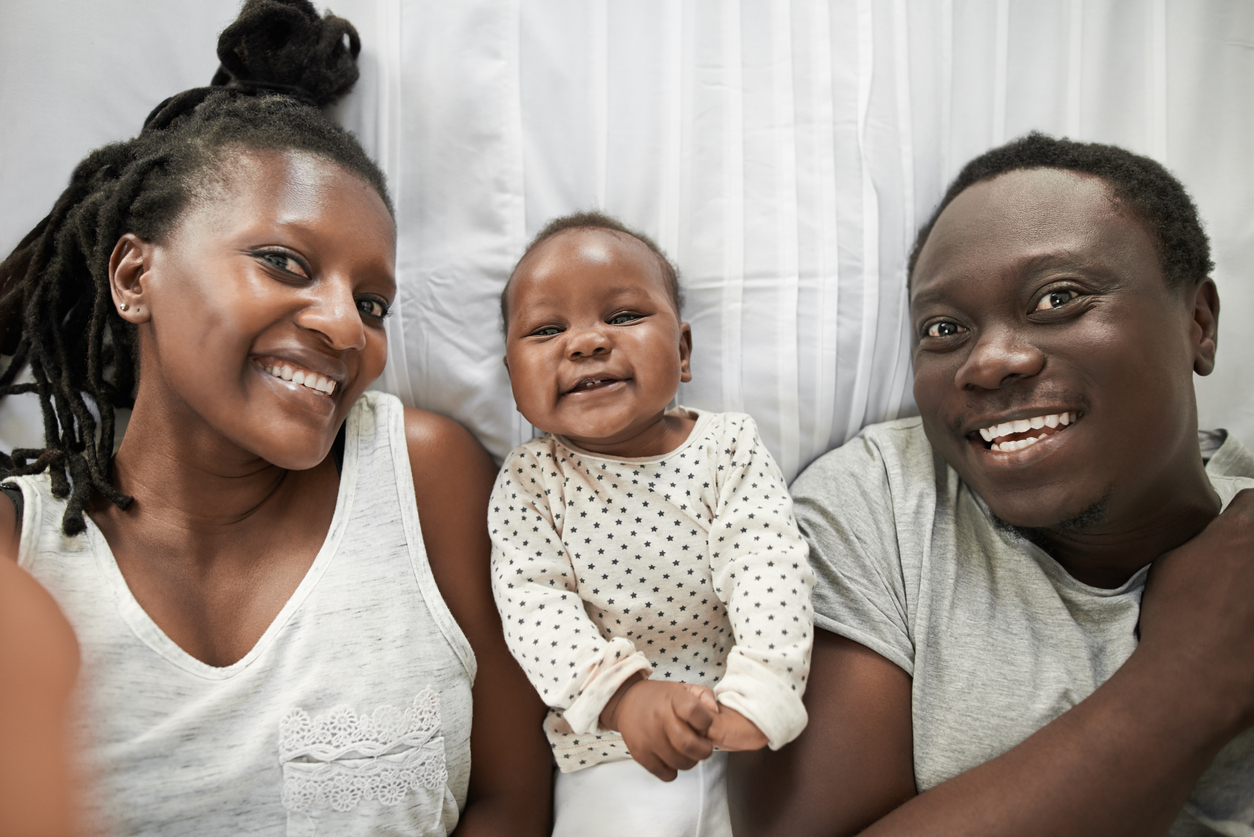
Maternity care in America is not what it should be. That's a pretty massive understatement. While you'd expect the United States to be paving the way when it comes to labor and delivery, the truth is, hospitals are failing birthing women. The rates of unnecessary interventions and death during delivery are pretty staggering when you compare them with how other countries are doing. But when it comes to issues of race in the birthing room, the story gets even bleaker.
Black women are three to four times more likely to die from pregnancy or birth complications than white women. A huge factor in that statistic is racism. While we know that racism exists everywhere, it's a hard truth to face. It's simply horrific to think about women walking into hospitals expecting to be cared for at their most vulnerable and receiving poor care, being discriminated against, or not being believed when they're asking for help.
Still, the truth is that there's a long history of racism in maternity care. In order to pave the way forward, we have to acknowledge how we got here in the first place.
Racism exists everywhere, but one place where it's far too easy to see the repercussions are in the delivery room. However, when we look back over our nation's history of maternity care and how Black women have been treated in the past, it's even more unsettling. Black women haven't just received poor treatment during birth; they have practically been tortured in the name of research.
Dr. James Marion Sims is known as the founder of gynecology. But Sims was also known to operate on enslaved Black women. He did so without their consent to learn about the female body. It's a horrific fact, but Black women were subjected to utter cruelty for the sake of achieving knowledge.
It's no question that closer looks at history have made Sims a more controversial figure. In the spring of 2018, New York City actually removed a statue of him from Central Park. That was a huge moment for Black women everywhere, as well as Black women doctors.
Sims did not take responsibility for his actions, which were downright cruel and revolting. He operated on some of the same women over and over. He also performed operations on fetuses, some of whom died as a result of his experiments. Instead, he blamed the poor outcomes on Black mothers. He said they were due to "the sloth and ignorance of their mothers and the black midwives who attended them."
While it's easy to look back on how the enslaved women were treated and realize how horrific it truly was, there is still a great deal of racism going on today. Black women die at higher rates during delivery because of it.
Research from 2016 showed just how deeply racist beliefs can affect how people are treated differently because of race. The research found that medical students and residents held "false beliefs about biological differences between Blacks and whites," which "predict racial bias in pain perception and treatment recommendation accuracy," the study stated.
Bettina Judd, PhD, is an assistant professor at the University of Washington. She also wrote a book on the history of medical experimentation on Black women. She spoke to Today about that important study and what it showed, saying, "The belief that Black folks, particularly Black women, are … impervious to pain has a history. We're not just making it up."
Recently, there has been more discussion about how to make sure Black women are getting better maternity care. But racist views make that a tough battle. During a 2018 presentation from the American College of Obstetrics and Gynecology (ACOG), it was suggested that one of the best ways to stop Black women from dying in labor was to prevent them from getting pregnant in the first place.
ACOG is supposed to be paving the way for better maternity care for all women. The statement clearly had a huge impact. Doctors were quick to call it out as racist. Because while family planning is certainly important, making sure women are treated well during pregnancy and delivery by their care providers should be the focus of their doctors.
Another big issue when it comes to how Black women are sometimes treated during delivery is about consent. Which, not so ironically, is the same issue that has been hurting Black mothers for decades. But so often, Black women do not feel heard or listened to when giving birth. Sometimes, that means having medical procedures forced on them without them giving the "OK." Other times, it can mean asking for care and not receiving it.
Professional tennis player Serena Williams had a nearly fatal experience after birthing her daughter. Serena has a history of pulmonary embolism and was developing blood clots that were migrating to her lungs. She recognized the symptoms and immediately alerted the nurses, but they seemed not to believe her and assumed she was confused due to pain medication. They ordered an ultrasound of her legs. "I was like, a Doppler? I told you, I need a CT scan and a heparin drip," she told Vogue about the incident.
Many Black women were quick to point out how even fame and money couldn't help Serena. And studies show that while many assume higher death rates during birth are due to issues like poverty, that's not actually the case. Most of it simply comes down to racial bias.
There's a lot of work that needs to be done in maternity care, especially when it comes to how racism impacts the way mothers-to-be are treated. Many believe that having more Black doctors available to tend to Black women while pregnant and in labor will help women receive equal treatment. Still, making sure that all care providers are aware of how racial bias can impact their patients is crucial.

Looking back at how Black women have been treated during birth is certainly eye-opening. Not only does it make us realize that we've come a long way, but it makes us realize how far there still is to go.







